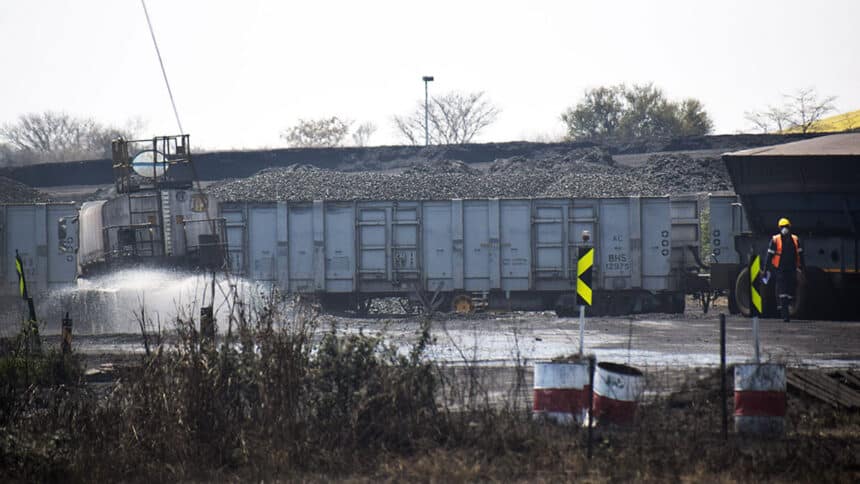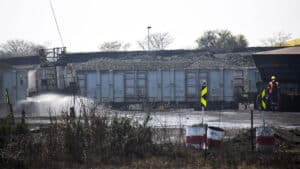Although the world appears to be moving away from fossil fuels as a commitment to reduce carbon emissions, Mozambique, Zimbabwe and Botswana have collaborated to upgrade a railway line linking the three countries coupled with building a new port in order to among other things move coal from Botswana to Mozambique for export.
The proposed port at Techobanine on Mozambique’s Indian Ocean coast and the 1,700km new line to Botswana through Zimbabwe will not only boost economies of the three countries but entrench regional integration.
This comes at a time when Botswana and South Africa are seeking funding for the development of Mmamabula-Lephalale rail link which will run for 113 kilometers and have a 24 million-tonne capacity per year.
The line provides a direct link between the local coal fields and Lephalale’s existing railway network and subsequently access to South African ports such as Durban, Richard’s Bay which are suitable for handling coal.
Currently Botswana’s coal exports go through South African ports as well as Namibia’s Walvis Bay.
A land locked country, Botswana has huge coal reserves estimated at around 212 billion tonnes of coal reserves.
With the world transition to renewable energy, it is imperative that Botswana finds alternatives to take the coal to the market before the world shuts it out.
“Botswana as a country can help exploit Mozambique’s main logistics corridors. We are very focused on the area of rail and road transport, but also on the full exploitation of the ports of Mozambique, since we see the need for traffic to and from Botswana in the long term. Botswana could use Mozambican ports for its imports and exports”, said Mozambican president Filipe Nyusi during president Mokgweetsi Masisi’s visit to Mozambique last week.
With money required to pull off the project, African Development Bank has agreed to finance a feasibility study for the project worth $4 million while the port itself is estimated to cost $1.5 billion.
However, bank rolling new coal projects has become difficult as financial institutions shun the fossil fuel.
Annually, the port will have capacity to transport three million tonnes of fuel and 16 million tonnes of coal. With South African ports being ever so busy, Mozambique has been seen as an alternative option.
“Both countries have a lot to offer to each other. We are committed to sharing our knowledge in matters of defence and security, and agriculture, among others, using your facilities for oil and gas,” added president Masisi at the summit where the two countries signed several agreements across sectors of security and public order, agriculture, livestock and food security, trade, industry and investment and a bilateral road transport agreement for passengers and goods.
Trade between the two countries have experienced remarkable growth over the years reaching €53.2 million in 2023, compared to around €7.3 million) in 2021.
This influenced by increased exports electricity, aluminium cables and wires and pasta.
On the other hand, Botswana alone exported goods worth of €650,000) to Mozambique in 2023 alone which is very low for a country aiming to have an export led economy.


















